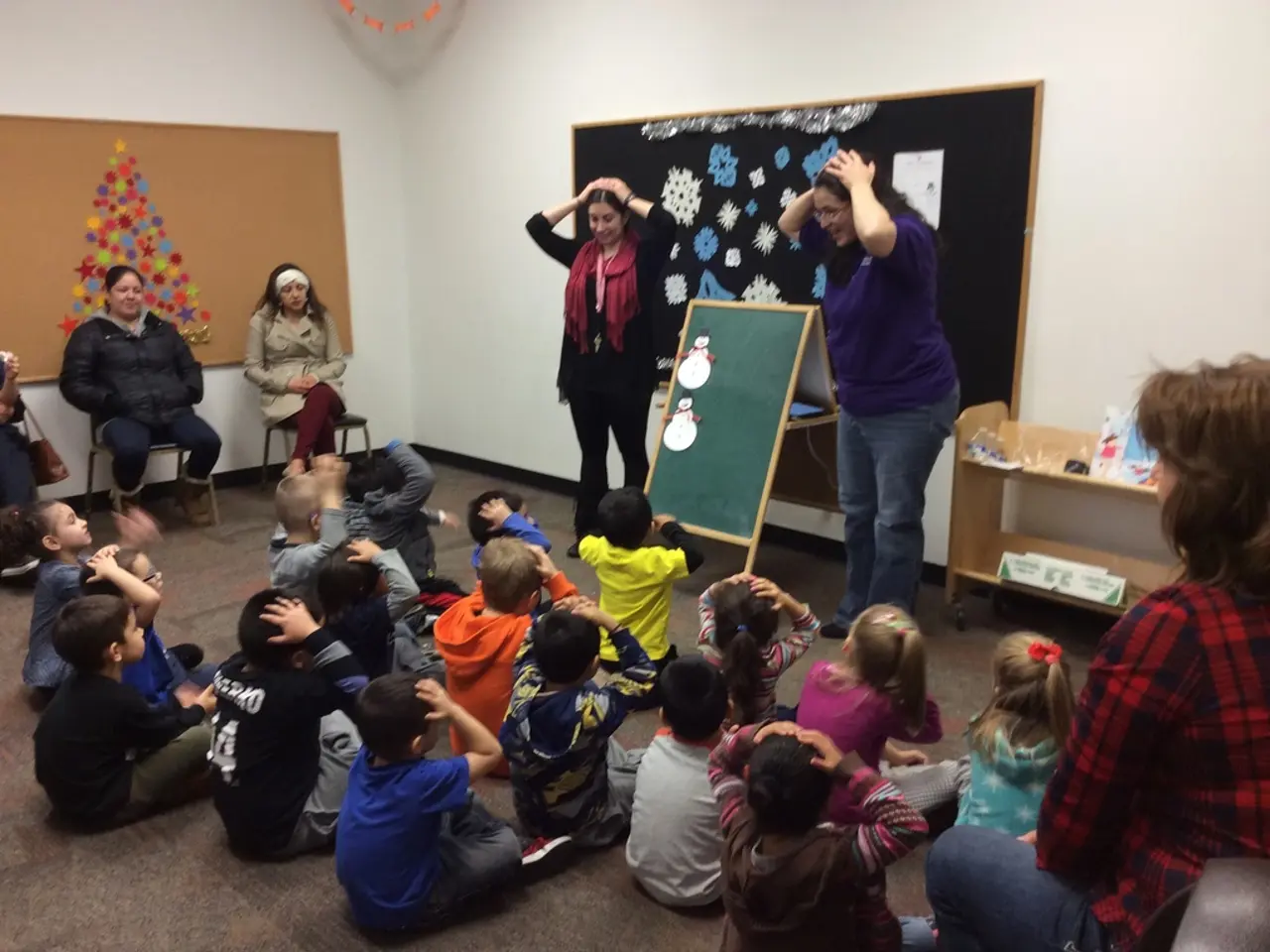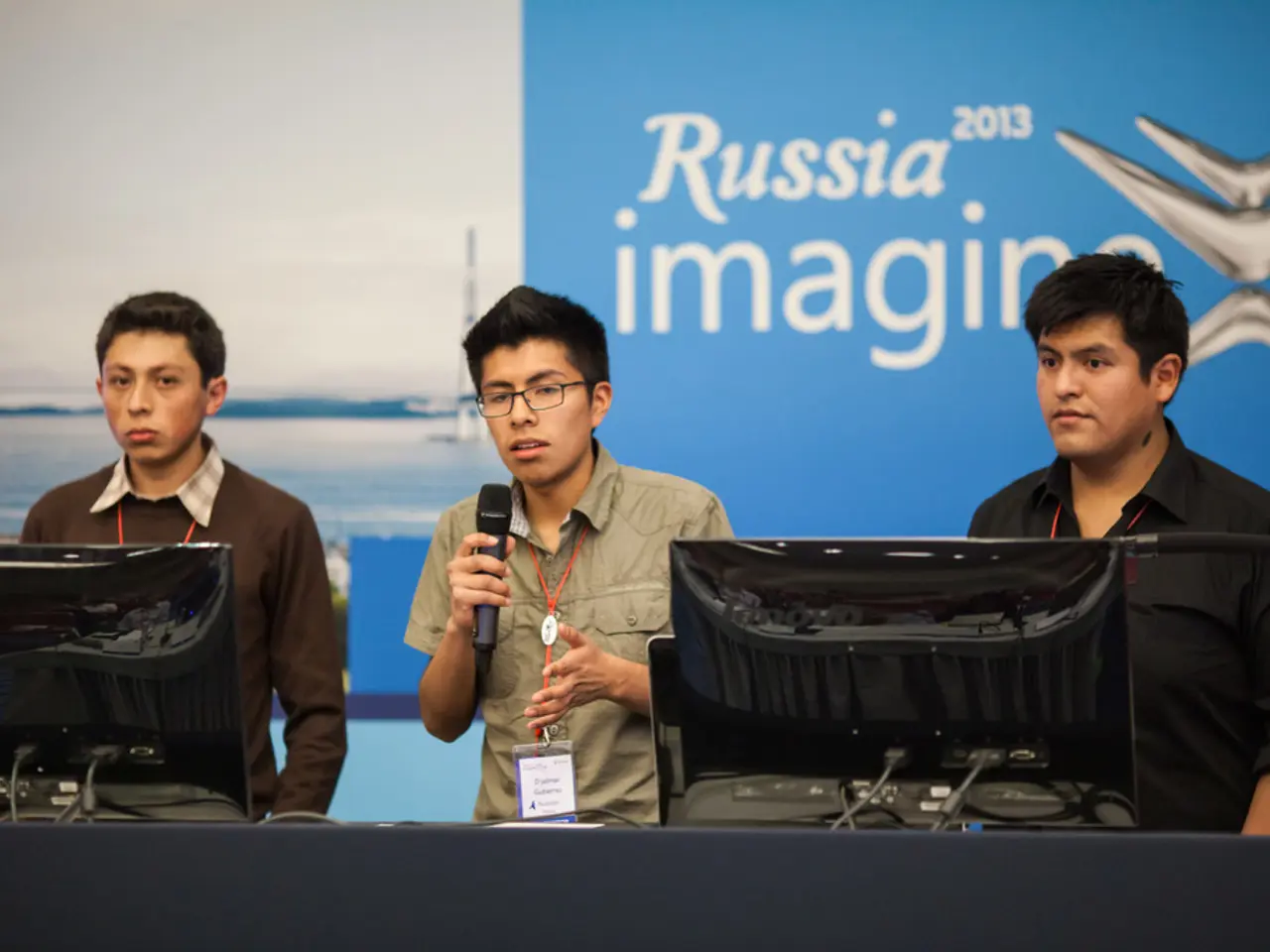Revised Educational Policy of Nepal in 2076
Nepal's National Education Policy 2076, enacted in 2019, is a significant step towards improving the quality of education, expanding access, and developing competent human resources. The policy addresses a range of challenges and outlines strategies aimed at enhancing educational outcomes and fostering a lifelong learning culture.
### Key Challenges
The policy recognises several key challenges in Nepal's education system. Limited access and retention, particularly among certain ethnic groups like the Magar, is a significant issue. High dropout rates and limited integration into mainstream education and employment sectors point to barriers that need to be addressed.
Quality issues in schools, despite efforts aligned with the Sustainable Development Goal 4, remain a concern. Curricular gaps, such as inadequate implementation of comprehensive sexuality education, also affect the quality of education. Furthermore, a lack of employment linkage for educated individuals from marginalised communities reduces incentives for education.
### Strategies Outlined in the Policy
The policy presents a holistic approach to addressing these challenges. Strategies include targeted interventions for marginalised groups, such as offering incentives like free admission and school supplies to attract and retain students. Community engagement, through home visits and parental involvement, is also emphasised to reduce irregular attendance and enhance educational prioritisation at the family level.
Poverty alleviation and adult literacy programs are implemented to empower parents, creating a conducive environment for children's education. Vocational training and employment guarantees are developed to demonstrate the value of education and provide sustainable livelihoods for educated members of marginalised groups.
Curriculum development and teacher training are also prioritised, with a focus on enhancing content, especially in health and sexuality education, and training teachers to create an environment conducive to open discussion and effective delivery.
### Additional Measures
The policy also focuses on human resource development through teaching and learning, particularly in business, management, and related sectors, to meet national development needs. STEM education will be integrated into the curriculum at all levels. Article 31 of the Nepalese Constitution guarantees the right to education for all citizens.
Higher education will be increased through open and distance education to ensure credibility and competitiveness. The goal is to develop skilled, scientific, practical, and quality education.
In summary, the National Education Policy 2076 combines educational quality enhancement, access expansion—especially for marginalised groups—and human resource development through integrated community, curricular, and employment-focused strategies. This comprehensive approach aims to improve educational outcomes and human resource competence in Nepal.
- To address the low attendance and retention among certain ethnic groups like the Magar, the policy proposes offering incentives such as free admission and school supplies.
- Poverty alleviation and adult literacy programs are implemented, aiming to empower parents and create a supportive environment for children's education.
- Vocational training and employment guarantees are developed to demonstrate the value of education and provide sustainable livelihoods for educated members of marginalized communities.
- The policy emphasizes curriculum development and teacher training, with a focus on enhancing content, particularly in health and sexuality education, and training teachers to create a conducive environment for open discussion and effective delivery.
- The policy outlines strategies to expand higher education through open and distance education, with the goal of developing skilled, scientific, practical, and quality education.
- The policy prioritizes human resource development, focusing on business, management, and related sectors, to meet national development needs.
- Article 31 of the Nepalese Constitution guarantees the right to education for all citizens, and the policy aims to improve educational outcomes and human resource competence in Nepal by combining educational quality enhancement, access expansion, and human resource development.







